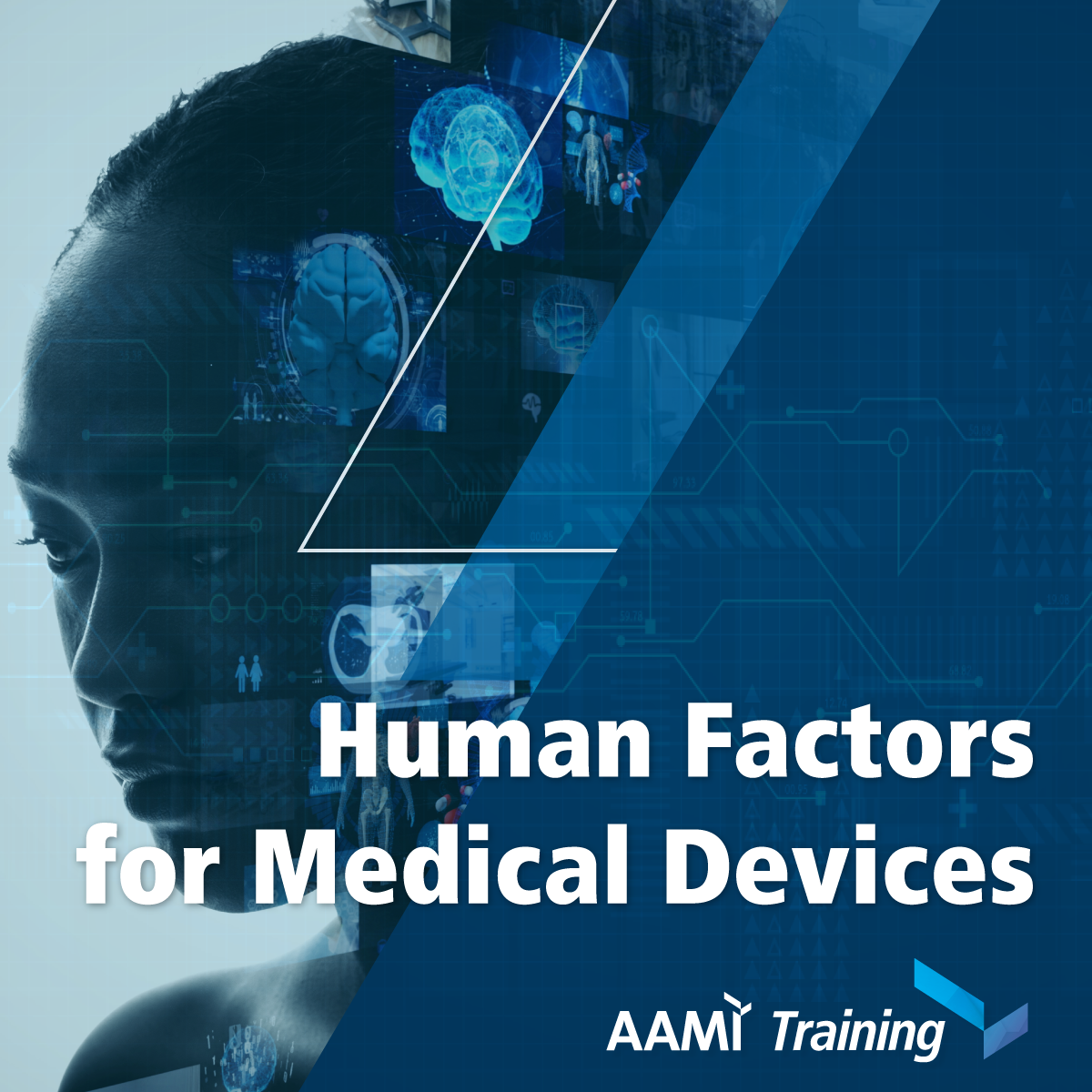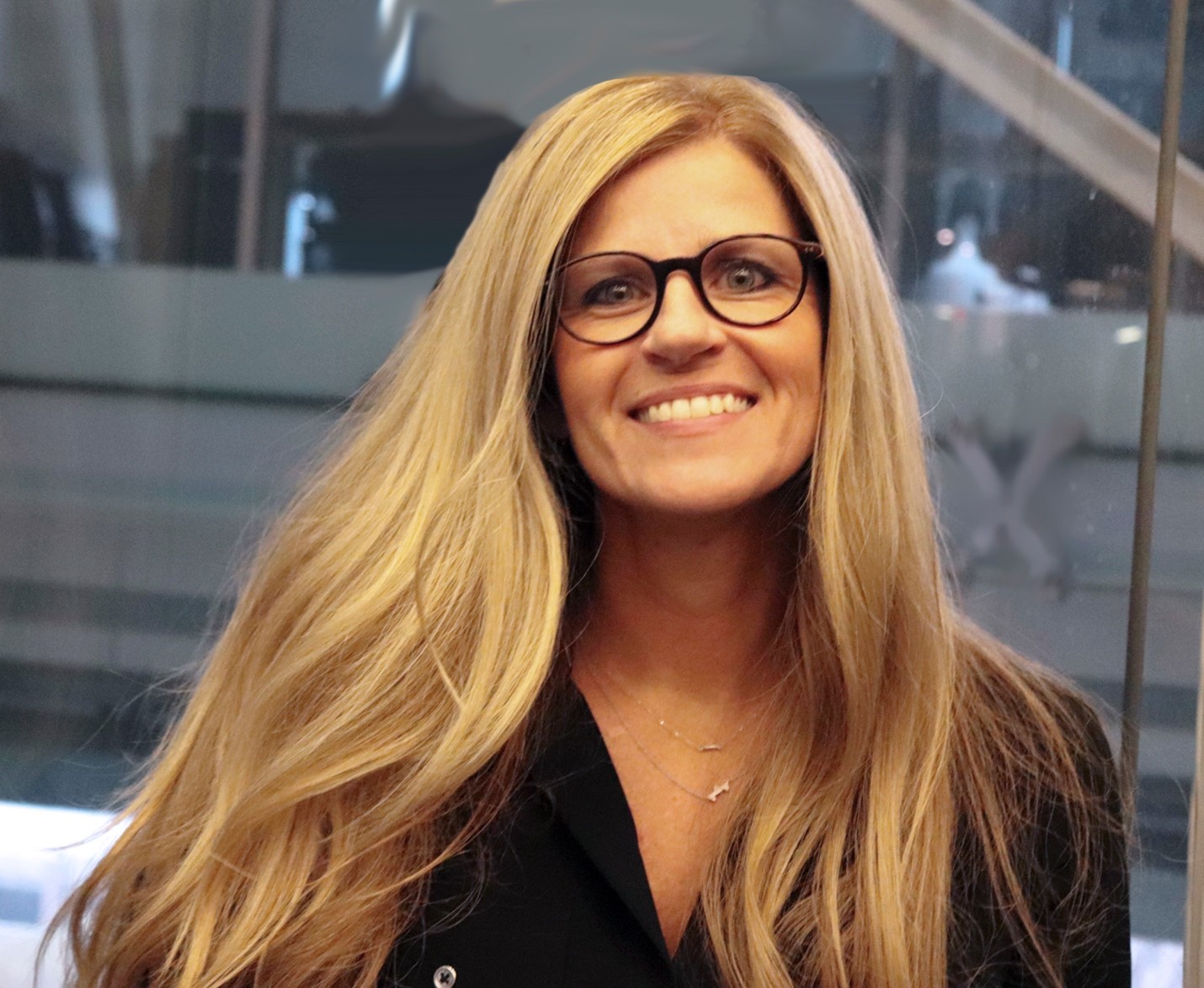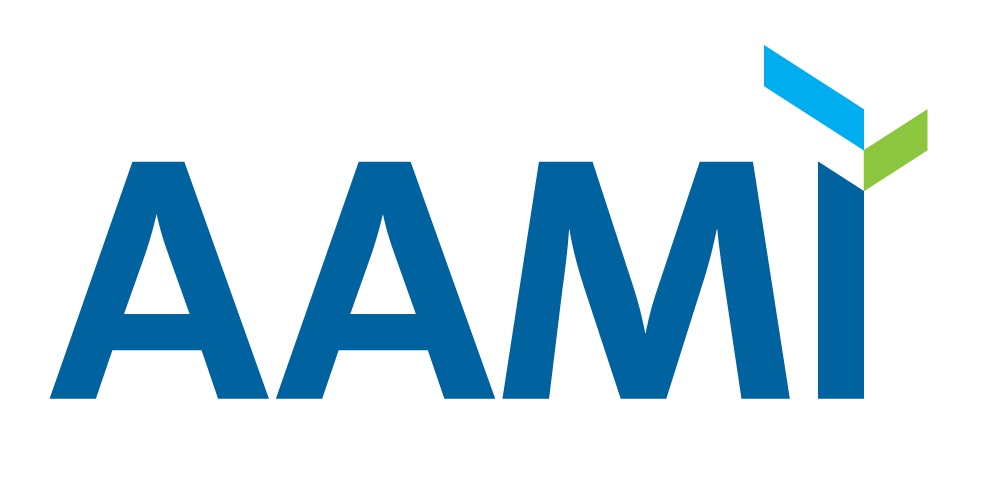Human Factors for Medical Devices

Upcoming Virtual Courses
Overview
Objectives
Who Should Attend?
Materials
Virtual Training Information
Faculty

MaryBeth Privitera
Dr. Mary Beth Privitera, M.Design, FIDSA, is internationally known as an expert in medical product design, specifically in the area of applied human factors. She is a Professor at the University of Cincinnati’s Department of Biomedical Engineering and works collaboratively among the Colleges of Medicine, Engineering and Design. She is a consultant to the medical device industry with expertise in user interaction design and human factors. Additionally, she serves as faculty and co-chair of the Association for the Advancement of Medical Instrumentation’s Human Engineering Committee.
As a Professor at the University of Cincinnati’s Department of Biomedical Engineering, she is a Co-Founder of the Medical Device Innovation and Entrepreneurship Program. Her previous academic appointments include industrial design and in the Department of Emergency Medicine.
She has worked on devices which are intended for use across the practice of medicine and in home health situations. Her current research focuses on applied ergonomics and design interpretation. She has conducted contextual inquiry studies throughout the hospital with results intended to inform the design of devices, including physiologic monitoring and clinical decision making, software-based tools including intraprocedural augmented reality. In addition, she currently has had research funding supported by the Gates Foundation and US FDA CDER Division. She is a Fulbright Scholar in collaboration with the University of Nottingham.
She has authored several peer reviewed articles and a books titled “Contextual Inquiry for Medical Device Design,” promoting best practices for phase zero medical device development. Her 2nd book, edited and written in collaboration with AAMI Human Factors faculty is titled “Applied Human Factors in Medical Device Design.” This book aims at bringing all references and best practices together in one resource compendium.

Merrick Kossack
Emergo by UL|Senior Research Director, Human Factors Research & Design

Hanniebey Wiyor
U.S. Food and Drug Administration (FDA)|Human factors Regulatory Officer

Ebony Whaley
U.S. Food and Drug Administration (FDA)|Safety Evaluator & Human Factors Specialist

Oluwamurewa "Murewa" Oguntimein
U.S. Food and Drug Administration (FDA)|Human Factors Team Lead
